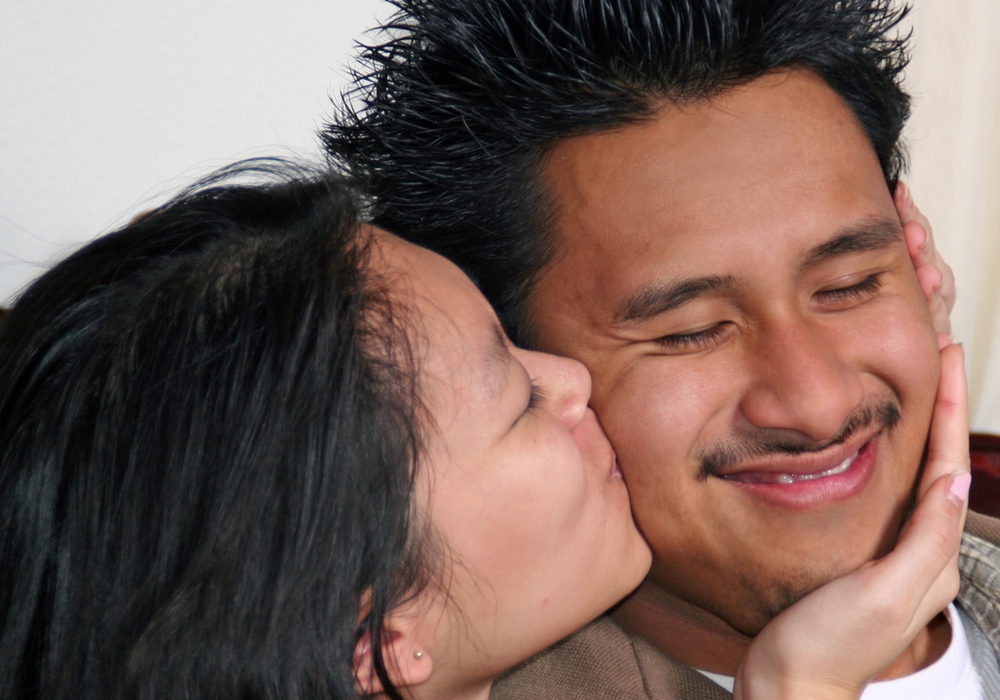How anxious or insecure a person is about their attachment to another can have big influence on the stability of their relationship. Studies have shown couples whose feelings about their relationship fluctuate widely over time are less likely to stay together.
Now a study has examined the link between the security people feel in their relationships and relationship success. It found that women have a lot more influence over their male partners’ perceptions about the relationship, compared to men’s influence over their female partners perceptions.
“People can have anxiety about whether their partner is going to be there for them and whether they are worthy of others,” Ashley Cooper, lead author of the study, said in a statement. The question, she added, is how security in relationships affects couples' experiences on a daily basis.People who have high anxiety tend to be very attentive to their partner’s social cues, and they may misinterpret these cues because they are reading too much into them.
They found when one partner reported little communication of attachment or behavior associated with distrust of others — high attachment avoidance — both that partner and the other partner reported low levels of relationship satisfaction or quality. When one member of a couple reported high levels of attachment anxiety — worries about receiving consistent affection — the relationship became more volatile.
The fact that attachment anxiety was associated with fluctuations in relationship quality from day to day is not surprising, said Cooper, a research assistant and doctoral student in marriage and family therapy at Florida State University. People who have high anxiety tend to be very attentive to their partner’s social cues, and they may misinterpret these cues because they are reading too much into them.
What was surprising was that attachment avoidance was a greater predictor of relationship quality, compared to attachment anxiety. What was even more interesting was that it was women’s attachment anxiety that impacted men’s perception of relationship quality, while men’s attachment anxiety was not necessarily affecting women’s perceptions about the relationship. In other words, women had a lot more influence over their male partners’ perceptions about the relationship, said Cooper.
Cooper thinks the influence women had over their partners’ perceptions may be related to socialization and gender norms. “Men are socialized to be less emotionally reactive. So even if they have high attachment anxiety, they may be less likely to express that to their female partner,” said Cooper. Sexual orientation played no role in selecting couples for the study, but most of the couples in the study were heterosexual.
Don't be afraid to do some reality testing. What you think is going on with your partner might not be what is actually going on with him or her. If you are feeling a lot of anxiety, express yourself in a way that is non-confrontational. Say something along the lines of ‘I feel X when you say or do Y.’ Says Cooper, “Be open to feeling out your partner instead of just acting on assumptions.”
In the future Cooper hopes to look at the issue of attachment anxiety and volatility in other kinds of relationships, such as friendships and professional relationships.
The study was published online recently in the Journal of Social and Personal Relationships.





